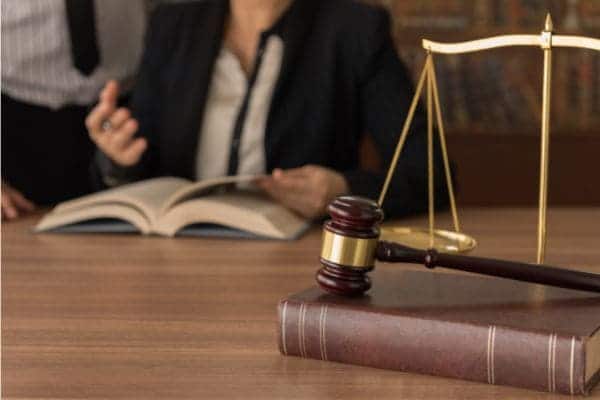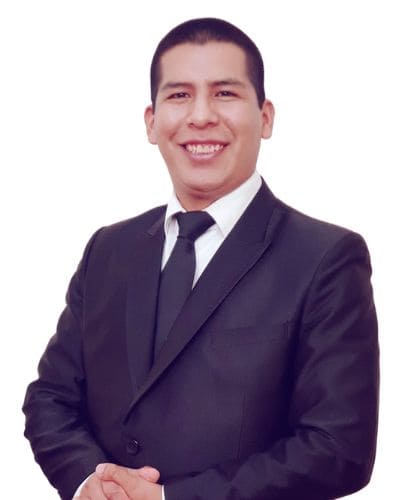
THE NATIONAL COUNCIL: STRATEGIC CORE OF THE ANTI-CORRUPTION FIGHT
At the heart of this system is a national council made up of ministries, oversight bodies, the Public Prosecutor’s Office, the Financial Investigations Unit, and representatives of organized civil society.
Its main mission is to propose, oversee, and monitor public policies on anti-corruption matters, as well as to approve and evaluate the National Plan that guides actions in this area.
This council must meet regularly and submit annual reports to the Executive Branch, the Legislative Assembly, and organized citizens, ensuring transparency and accountability.
ENTITIES RESPONSIBLE FOR COMBATING CORRUPTION
The institutional structure includes key actors, each with specific responsibilities:
- Ministry of Institutional Transparency and Fight Against Corruption: Leads policy development and coordinates strategies.
- Ministry of Government: Provides operational support and ensures security during processes.
- Public Prosecutor’s Office: Directs investigations and prosecutions of corruption offenses.
- Office of the Comptroller General: Exercises external oversight and audits the management of public resources.
- Financial Investigations Unit (UIF): Analyzes suspicious asset and financial transactions.
- Office of the Attorney General of the State: Represents the State in judicial processes for asset recovery.
- Organized Civil Society: Exercises social control and participates in public management oversight.
SOCIAL CONTROL AS A PILLAR OF TRANSPARENCY
Regulations recognize that any individual or group can participate in social control. This includes identifying and reporting acts of corruption or lack of transparency, as well as cooperating in administrative and judicial processes.
For example, a neighborhood organization detecting irregularities in the execution of a public works project can file a complaint and provide evidence for the competent authorities to act.
ANTI-CORRUPTION JUSTICE OPERATORS IN BOLIVIA
To ensure proper and efficient handling, anti-corruption courts and tribunals operate in each department, with judges specifically appointed for these cases.
The Public Prosecutor’s Office has prosecutors exclusively dedicated to corruption offenses, supported by specialized investigators from the Bolivian Police working under prosecutorial direction.
MANDATORY COMPLAINT IN CORRUPTION CASES
When a public entity falls victim to corruption, its highest authority must act as a complainant in the process. Failure to do so not only constitutes a breach of duty but may also result in criminal and administrative sanctions.
INDIGENOUS JURISDICTION AND THE FIGHT AGAINST CORRUPTION
Where applicable, indigenous native campesino authorities have jurisdiction over corruption-related matters, respecting the procedures and competencies established by the Constitution and the Law on Jurisdictional Boundaries.
ONGOING EVALUATION AND PROTECTION OF WHISTLEBLOWERS
Judges, prosecutors, and specialized police officers are subject to periodic evaluations to assess their efficiency and integrity, with participation from social oversight.
There is also a protection system for whistleblowers, witnesses, and other involved parties, guaranteeing their safety and anonymity. For instance, a public servant reporting a bribery act may seek protection to avoid retaliation.
FINANCIAL INTELLIGENCE AGAINST CORRUPTION
The Financial Investigations Unit is authorized to analyze asset and financial information without banking, commercial, or tax secrecy being invoked to prevent it. This measure prevents illicit transactions from being concealed under confidentiality provisions and is used exclusively for investigative purposes.
SECTORS REQUIRED TO REPORT SUSPICIONS OF CORRUPTION
Various sectors, such as the trade of metals and jewelry, tourism, infrastructure construction, real estate activities, and even political parties, must report to the UIF when they detect suspicious transactions potentially linked to corruption or money laundering.
INTEGRATED ANTI-CORRUPTION INFORMATION SYSTEM
To centralize data and optimize investigations, an information system has been established to allow data exchange between competent entities.
This system also proactively verifies sworn statements of assets and income from public officials to detect unjustified wealth increases.
In summary, Bolivia’s anti-corruption institutional framework combines specialization, inter-agency cooperation, citizen oversight, and financial intelligence to safeguard public assets. Its effectiveness depends on both coordinated action by authorities and active participation by society.
If you require legal advice on anti-corruption laws and compliance in Bolivia, contact our team of specialized attorneys today. We are ready to assist you.
Frequently Asked Questions (FAQs)
What is the role of the National Council for the Fight Against Corruption in Bolivia?
The National Council coordinates and supervises anti-corruption public policies, approves the National Plan, and evaluates its implementation to prevent and sanction unlawful acts against state assets.
Which institutions are part of Bolivia’s anti-corruption system?
They include the Ministry of Transparency, Ministry of Government, Public Prosecutor’s Office, Office of the Comptroller General, Financial Investigations Unit, Office of the Attorney General, and representatives of organized civil society.
What is the Financial Investigations Unit (UIF) and what powers does it have?
The UIF is the specialized body that analyzes financial and asset operations to detect corruption crimes, with unrestricted access to banking, commercial, and tax information.
Which economic sectors must report suspicious corruption-related transactions to the UIF in Bolivia?
Sectors such as trade of metals and jewelry, tourism, infrastructure construction, real estate, political parties, and others handling large cash flows must report suspicious movements.
How are whistleblowers and witnesses protected in corruption cases?
Through an official system that safeguards the identity and safety of whistleblowers, witnesses, and other involved parties, preventing threats, reprisals, or any form of intimidation.
The content of this article does not reflect the technical opinion of Rigoberto Paredes & Associates and should not be considered a substitute for legal advice. The information presented herein corresponds to the date of publication and may be outdated at the time of reading. Rigoberto Paredes & Associates assumes no responsibility for keeping the information in this article up to date, as legal regulations may change over time.
- The 10 Most Important Questions and Answers of Supreme Decree 5503
- LEGAL RISKS OF ENTREPRENEURSHIP FOR PUBLIC OFFICIALS IN BOLIVIA
- CONTRACTS BETWEEN PRIVATE INDIVIDUALS AND THE STATE: VALIDITY AND APPLICABLE LEGAL FRAMEWORK IN BOLIVIA
- CONTROL OF ILLEGAL OR UNAUTHORIZED FINANCIAL ACTIVITIES IN BOLIVIA
- LEGAL REQUIREMENTS TO ESTABLISH AN NGO IN BOLIVIA



